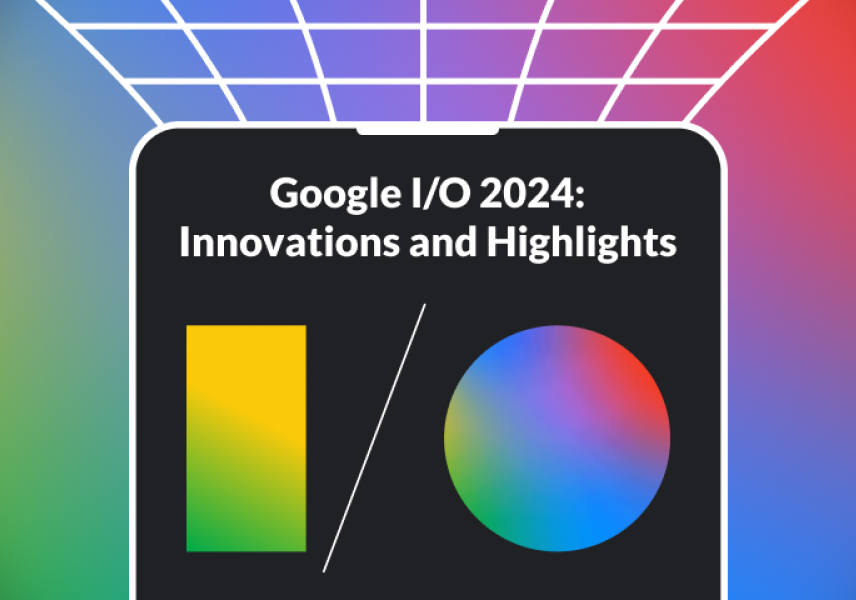
- June 01, 2023
The integration of AI and machine learning into mobile apps has revolutionized user experiences. From personalized content recommendations to voice assistants like Siri and Alexa, AI-powered features have become essential components of modern apps.
In 2023, Augmented Reality (AR) has solidified its position as a cornerstone of the mobile app ecosystem. The seamless blend of the real and digital worlds provides an immersive experience that businesses and consumers alike find compelling.
Key Drivers of AR's Popularity: Tech giants like Apple and Google have invested significantly in AR development, with tools like ARKit and ARCore simplifying AR integration for developers. This has spurred widespread adoption across industries.
Retail and E-commerce: AR has transformed the online shopping experience, allowing users to 'try before they buy'—whether it’s clothing, furniture, or cosmetics. This innovation boosts consumer confidence, leading to higher conversion rates and sales.
Education and Training: AR enhances learning by making complex topics more accessible and engaging through interactive, immersive experiences.
Purpose-Driven Technology: The success of AR depends on its ability to provide meaningful value to users. It should enhance the user experience rather than serve as a superficial or 'gimmicky' addition.
AI: Beyond the Hype
AI's true power lies in its ability to analyze vast datasets and deliver personalized user experiences. Streaming apps leverage AI for content suggestions, while e-commerce platforms use it for tailored product recommendations, driving user engagement and satisfaction.
Merging Machine Learning with Mobile
Machine learning models have enabled groundbreaking features in mobile apps, including image recognition, predictive text, and real-time language translation. These innovations, once seen as futuristic, are now standard in many apps.
Ethical Implications
With the rise of AI comes the responsibility to address ethical concerns, particularly around data privacy. Developers and businesses must prioritize transparency and secure user consent when leveraging AI to ensure trust and compliance.